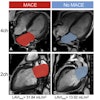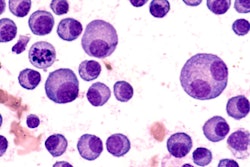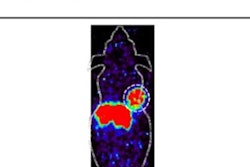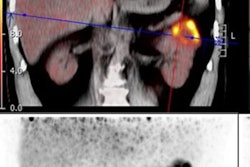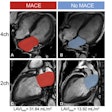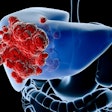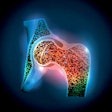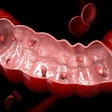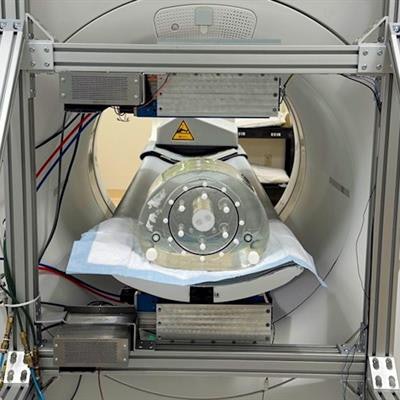
An augmented PET scanning technique can enhance the resolution and sensitivity of clinical whole-body PET/CT imaging, according to a June 24 presentation at the Society for Nuclear Medicine and Molecular Imaging (SNMMI) 2023 annual meeting.
In a session on advances in PET instrumentation, Yuan-Chuan Tai, PhD, Washington University in St. Louis, MO, described the technology, which his group has called "augmented whole-body scanning via magnifying PET," or AWSM-PET, and suggested the new technology could be useful in cancer patients.
"Our novel AWSM-PET prototype helps to tackle two of the key limitations in whole-body PET imaging: image resolution and overall system sensitivity," Tai told attendees.
Whole-body PET/CT imaging is broadly used for cancer staging and restaging and to evaluate patient response to treatment interventions. However, its diagnostic accuracy is compromised when lesions are very small or exhibit weak signals, Tai explained.
To overcome these challenges, the researchers developed a prototype using two high-resolution PET detectors that they placed outside of a Biograph Vision PET/CT (Siemens Healthineers) scanner's axial imaging field of view as an "outsert" device. The device is designed to acquire high-resolution PET data as a patient undergoes whole-body PET, while customized firmware and software encode and jointly reconstruct the data.
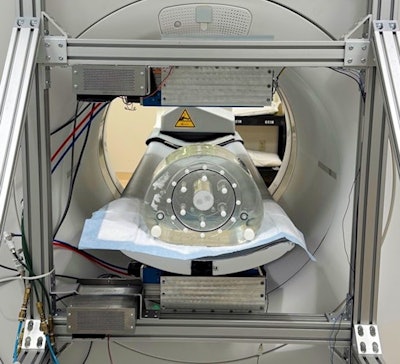 Rear view of a clinical PET/CT scanner with the AWSM-PET device attached. Image courtesy of Yuan-Chuan Tai, PhD.
Rear view of a clinical PET/CT scanner with the AWSM-PET device attached. Image courtesy of Yuan-Chuan Tai, PhD.In a study of the technology using a cylindrical phantom with lesions ranging from 1.96 mm to 7.6 mm in diameter, the approach revealed a clear improvement in image resolution compared with the scanner's native image reconstruction program. In addition, the firmware and software were also validated to confirm the functionality of the prototype, Tai noted.
"The potential improvement in diagnostic accuracy of clinical whole-body PET/CT may benefit cancer patients," Tai said.
The group plans a pilot human imaging trial scheduled to start in the summer of 2023 at the Washington University School of Medicine that will compare the diagnostic accuracy of the AWSM-PET technology against standard whole-body FDG-PET/CT, Tai noted.



